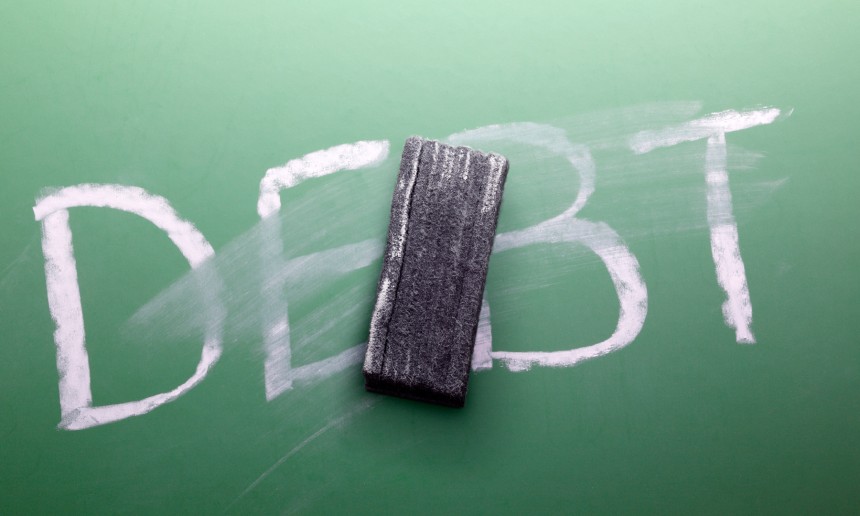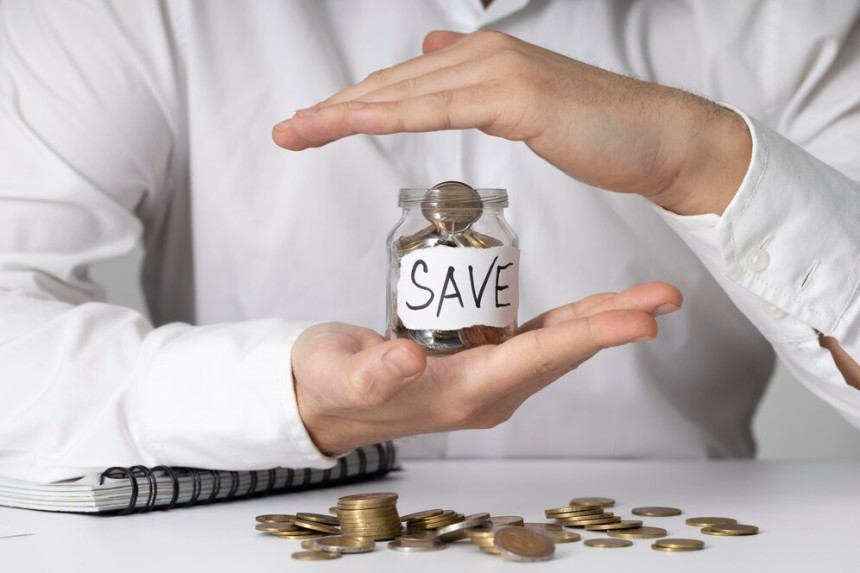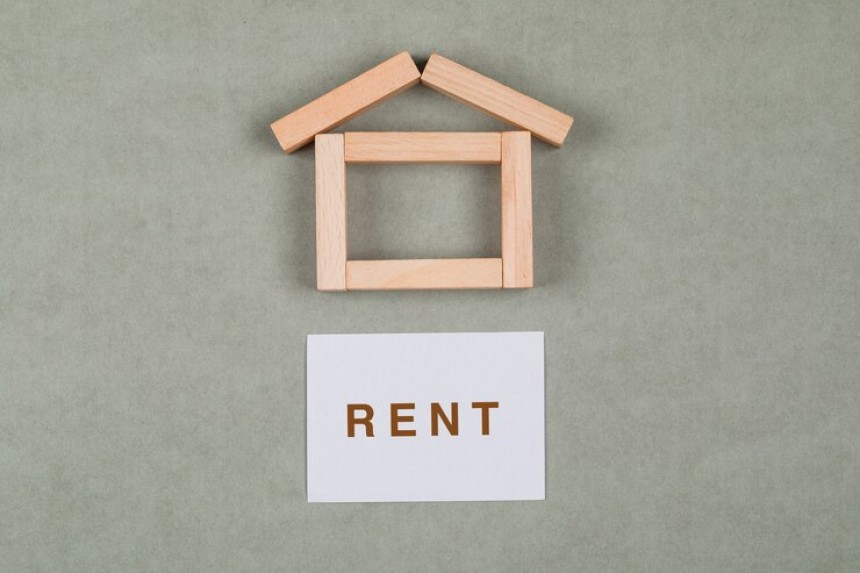
How to Get Rid of a $5,000 Credit Card Debt
See ways to remove up to $5,000 debt the best way possible.
Learn How to Get Rid of a $5,000 Credit Card Debt:
Credit card debt can be a significant burden, and a balance of $5,000 is no exception. Whether you’ve accumulated this debt through unforeseen expenses, lifestyle inflation, or a combination of factors, it's important to develop a clear strategy for eliminating it. Here’s a comprehensive guide to help you get rid of that $5,000 credit card debt and regain financial stability.
1. Assess Your Financial Situation
Before embarking on a debt repayment plan, you need a clear understanding of your financial situation. Start by:
- Listing Your Debts: Include all your credit card balances, interest rates, and minimum payments.
- Calculating Monthly Income and Expenses: Determine how much you earn versus how much you spend each month. This will help identify areas where you can cut back and allocate more towards debt repayment.
- Setting a Budget: Create a realistic budget that includes all your essential expenses, discretionary spending, and savings, ensuring that you allocate a portion of your income to debt repayment.
2. Choose a Debt Repayment Strategy
There are several effective strategies for paying off credit card debt. Choose one that aligns with your financial situation and preferences:
- Debt Snowball Method: Focus on paying off your smallest debt first while making minimum payments on larger debts. Once the smallest debt is cleared, move on to the next smallest. This method can provide psychological motivation as you see your debts disappearing.
- Debt Avalanche Method: Prioritize paying off the debt with the highest interest rate first while making minimum payments on the others. This approach saves you money on interest over time but may take longer to see progress compared to the snowball method.
- Balance Transfer: Transfer your credit card debt to a new card with a lower interest rate or an introductory 0% APR offer. This can reduce the amount you pay in interest and help you pay off your debt faster. Be cautious of balance transfer fees and ensure you pay off the balance before the introductory period ends.
- Personal Loan: Consider taking out a personal loan with a lower interest rate to consolidate your credit card debt. This can simplify your payments and potentially reduce your overall interest costs.
3. Reduce Your Interest Rates
High interest rates can make it difficult to pay down your debt efficiently. To reduce these rates:
- Negotiate with Credit Card Issuers: Contact your credit card companies and request a lower interest rate. Explain your financial situation and ask if they can offer a reduction.
- Improve Your Credit Score: A higher credit score can qualify you for lower interest rates on balance transfers or personal loans. Pay your bills on time, reduce your credit utilization ratio, and check your credit report for errors.
4. Increase Your Income
Boosting your income can accelerate debt repayment. Here are some ideas:
- Freelancing or Part-Time Work: Take on extra work or freelance gigs to earn additional money.
- Selling Unwanted Items: Sell items you no longer need on platforms like eBay, Craigslist, or Facebook Marketplace to generate extra cash.
- Gig Economy: Consider participating in gig economy opportunities, such as driving for ride-share services, delivering food, or doing odd jobs through apps.
5. Cut Unnecessary Expenses
Reducing your spending is crucial for freeing up money to pay off debt:
- Identify Non-Essential Spending: Review your budget and pinpoint areas where you can cut back, such as dining out, subscriptions, or impulse purchases.
- Implement Cost-Saving Measures: Look for ways to save on everyday expenses, such as using coupons, shopping sales, or switching to cheaper alternatives for services.
6. Create a Debt Repayment Plan
Develop a detailed plan to manage your debt repayment:
- Set a Repayment Goal: Determine a timeline for when you want to be debt-free and calculate the monthly payments required to achieve this goal.
- Track Your Progress: Regularly monitor your progress by reviewing your budget and debt balances. Adjust your plan as needed based on changes in your income or expenses.
7. Stay Motivated and Accountable
Debt repayment can be a long journey, so staying motivated is key:
- Celebrate Milestones: Acknowledge and celebrate small victories, such as paying off a credit card or reaching a debt reduction milestone.
- Find Support: Share your goals with friends or family members who can offer encouragement and hold you accountable.
- Stay Focused on Your Goals: Remind yourself of the benefits of being debt-free, such as improved financial security and reduced stress.
8. Avoid Accumulating More Debt
As you work towards paying off your current debt, it's essential to avoid accumulating more:
- Use Credit Wisely: Avoid using credit cards for non-essential purchases and focus on paying with cash or debit.
- Build an Emergency Fund: Establish a small emergency fund to cover unexpected expenses without resorting to credit cards.
- Develop Healthy Financial Habits: Educate yourself on personal finance and develop habits that promote long-term financial health.
Getting Out
Getting rid of $5,000 in credit card debt is entirely achievable with a strategic approach and disciplined execution. By assessing your financial situation, choosing an effective repayment strategy, reducing interest rates, increasing your income, cutting unnecessary expenses, and staying motivated, you can make significant progress toward becoming debt-free. Remember, the key to success is consistency and commitment. By following these steps, you'll not only eliminate your credit card debt but also build a stronger financial foundation for the future.





